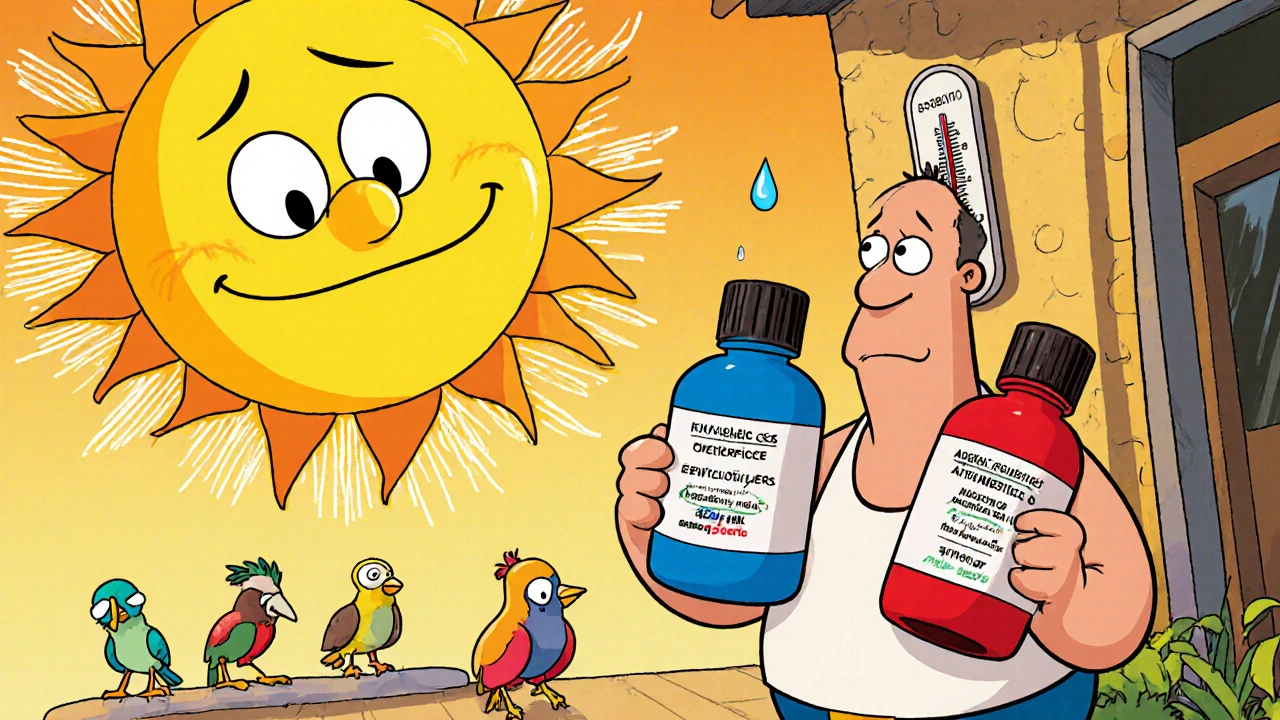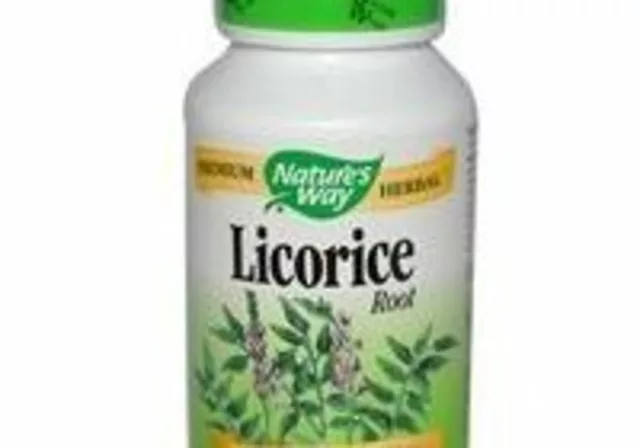Dehydration – What It Is and Why It Matters
When dealing with dehydration, the body’s loss of water and essential salts that disrupt normal function. Also known as fluid deficit, it can range from mild thirst to life‑threatening shock, you quickly see how many everyday situations can tip the balance. The most direct cause is fluid loss, the reduction of water from the body through sweat, urine, breath, or stool. When you sweat in a hot gym, experience a bout of diarrhea, or run a fever, you’re shedding both water and the salts that help nerves and muscles fire correctly. That loss creates an electrolyte imbalance, a mismatch between sodium, potassium, and other minerals that control heartbeat and hydration status. The chain reaction is simple: fluid loss → electrolyte imbalance → dehydration. Understanding this chain helps you spot early signs—dry mouth, dark urine, dizziness—before the body starts to shut down essential processes.
How Heat, Illness, and Activity Trigger Dehydration
Heat exposure is a classic trigger. When your body temperature rises, sweat glands fire up, pouring out water to cool you down. That process is a double‑edged sword: it protects against overheating but also accelerates heat exhaustion, a condition where excessive sweating leads to low blood volume and impaired cooling. If you ignore the warning signs—heavy sweating, weakness, rapid heartbeat—you can slide into heat stroke, where dehydration becomes a medical emergency. Illness does the same thing. Fever, vomiting, and especially diarrhea dump large amounts of fluid and salts in a short period, pushing the body toward a dangerous deficit. Even moderate exercise without adequate fluid intake can tip the scales, because muscles use water to transport oxygen and clear metabolic waste. The common thread across all these scenarios is the need for timely, effective rehydration.
The cure, as the saying goes, is as important as the cause. Rehydration therapy, the practice of replacing lost fluids and electrolytes through oral solutions or IV fluids is the go‑to response. For most mild to moderate cases, an oral rehydration solution (ORS) – a mix of water, salt, and sugar – works fast and is easy to make at home. The sugar helps the gut absorb sodium, which in turn pulls water back into the bloodstream. In severe cases, especially when a person can’t keep fluids down, a medical professional may administer intravenous fluids to restore volume instantly. Prevention is equally simple: sip water regularly, especially when you’re active or in hot weather, and add a pinch of salt or an electrolyte tablet if you’re sweating heavily. By keeping the fluid‑electrolyte balance in check, you reduce the chance that a day’s trek or a stomach bug turns into a health crisis. Below you’ll find a curated set of articles that dive deeper into each of these angles – from the science of electrolyte transport to practical tips for staying hydrated on the job or during a marathon.




